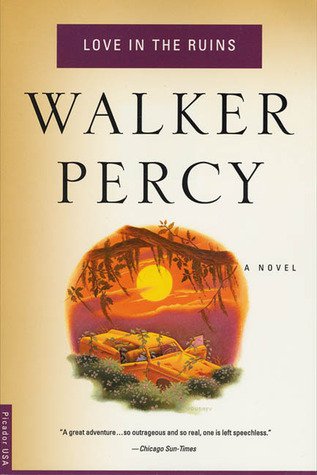
I’ve been working on yet another translation of a Dariusz Karłowicz text. This time it’s an essay entitled “Considerations for a Secular Age” that’s headed to a periodical to be named later. I have also excerpted this Polish thinker’s writings here on this blog.
Mark Shea has been taking on one of the groups mentioned in these passages in his post “I’ve Been An Angry Jerk of Late.” I hope he doesn’t consider me to be a member of the other group after blocking me on FB.
Either way, the whole wall-debacle still leads to some cringe-worthy moments as we attend the same Mass at our local Seattle parish briefly mentioned here.
It all pivots around the phrase “Eichmann defense” as applied to the argument that would have our soldiers totally exculpated for the sins their superiors commit by entering into unjust armed conflicts all over the world. Letting them off the hook would be too simple, especially as we are on the brink, or already in, yet another new conflict.
I think Stanley Hauerwas, who not too long ago wrote the book War and the American Difference, has a solution to both Mark’s quandary and our tendency for war. I’m convinced the following suggestion in an Atlantic interview would make for less culpable soldiers and a more careful American foreign policy:
“Q: What do you think Americans can do, if anything, to change our relationship with war?
Stan A: I know this sounds absurd, but I’d return to the draft. One of the problems we currently have is there hasn’t been in the population any serious engagement with the ethics of war because we have an all-volunteer army. I would think the return to the draft would be an intervention that would require discussion that might be more helpful in terms of our ability to limit war.”
Without much further ado, here’s the translation (keep in mind how much Constantine injected warmongering into Christianity):
“In the ruins of Christian civilization it is especially difficult to distinguish the essence from the ornament, blasphemy from bad taste, and customs that should be rescued from what should be pushed aside.
If the Titanic is sinking then it is high time to consider our stance toward the passing Christian civilization, that is, we should consider what is the most prudent stance for our secular age. Some options have sketched themselves out clearly. The most extreme positions are obviously the easiest to see. First, there are those who summon the orchestra to a greater vigor and tend to defend each and every ornament. They swear that even if it’s true that the Constantinian-Christian vessel is sinking (which they don’t really believe) then they’ll be the last ones off board. The others, on the contrary, see an opportunity for rebirth in this situation. After all, Christianity and Christian civilization are not the same thing. Let the old decorations go down in flames. Let the always burdensome privileges and easements disappear. Let the worldly ambitions be forgotten. Let our eyes finally see a pure Christianity liberated from the uncomfortable costumes of habits and custom. But what should we do? Should we play in the orchestra, or take an axe to the ship’s side? It is easy to parody both sides of the conflict in this way. The problem is not that both sides are wrong, but that both are right in their own ways. We ought to listen to them both.”











